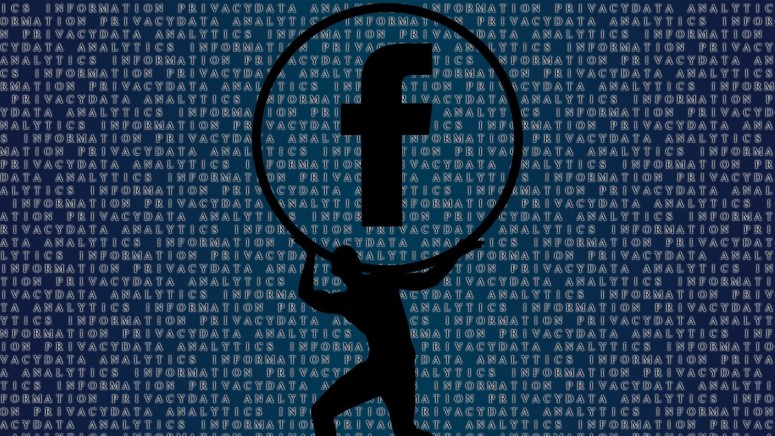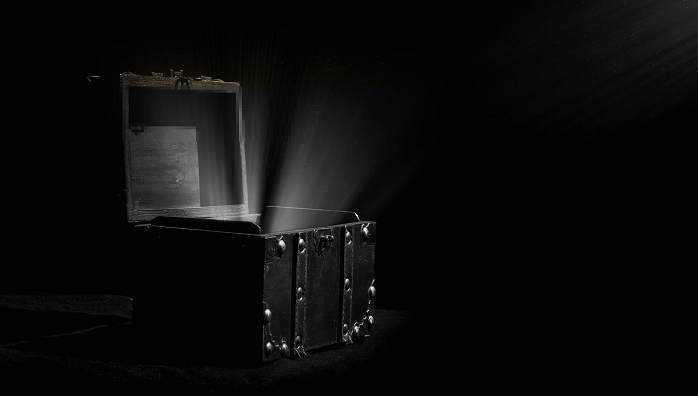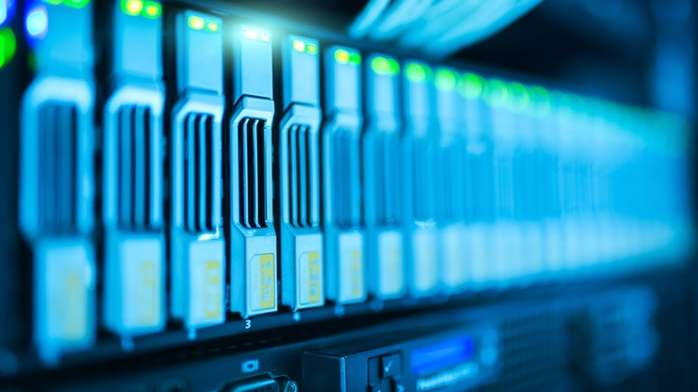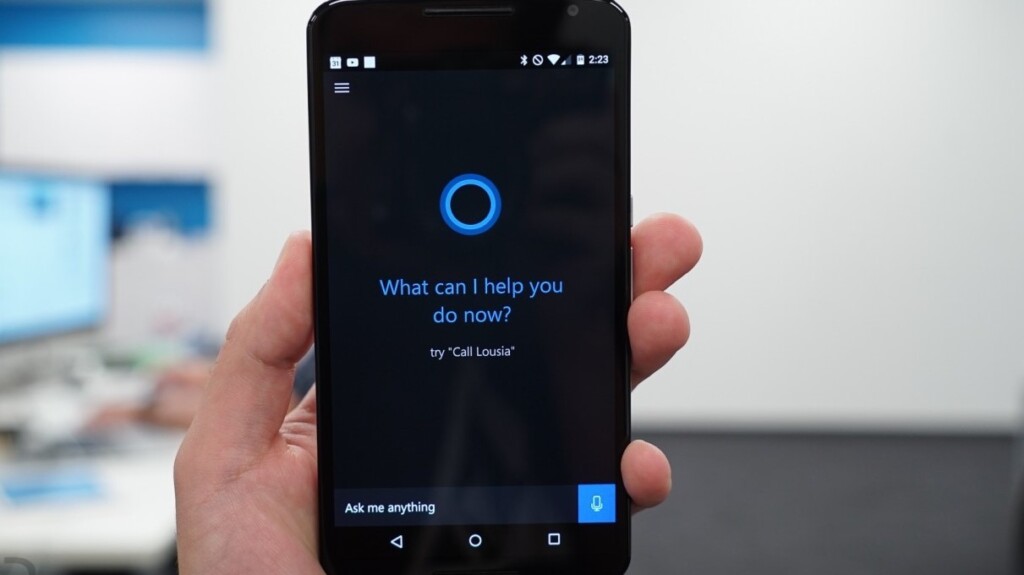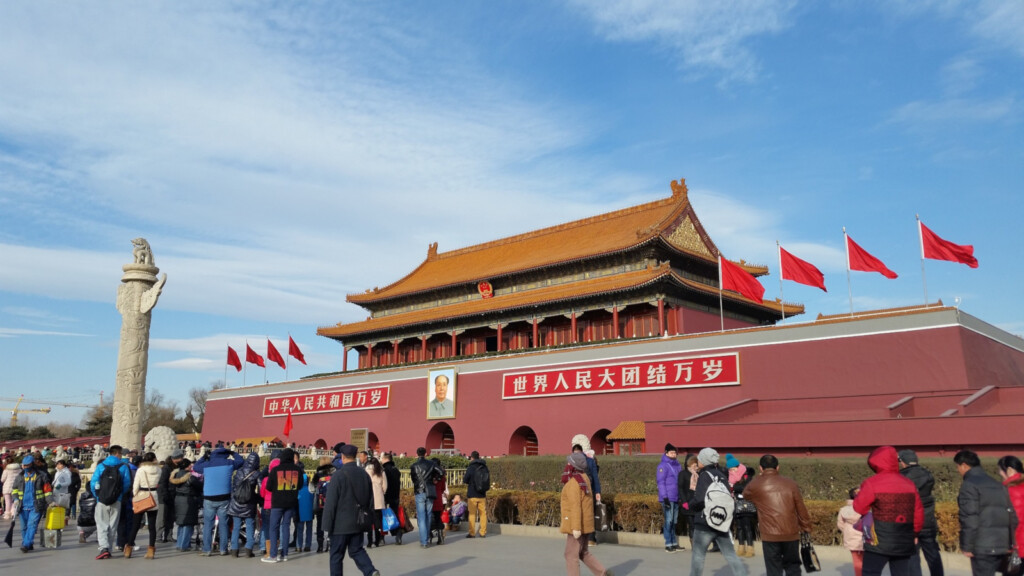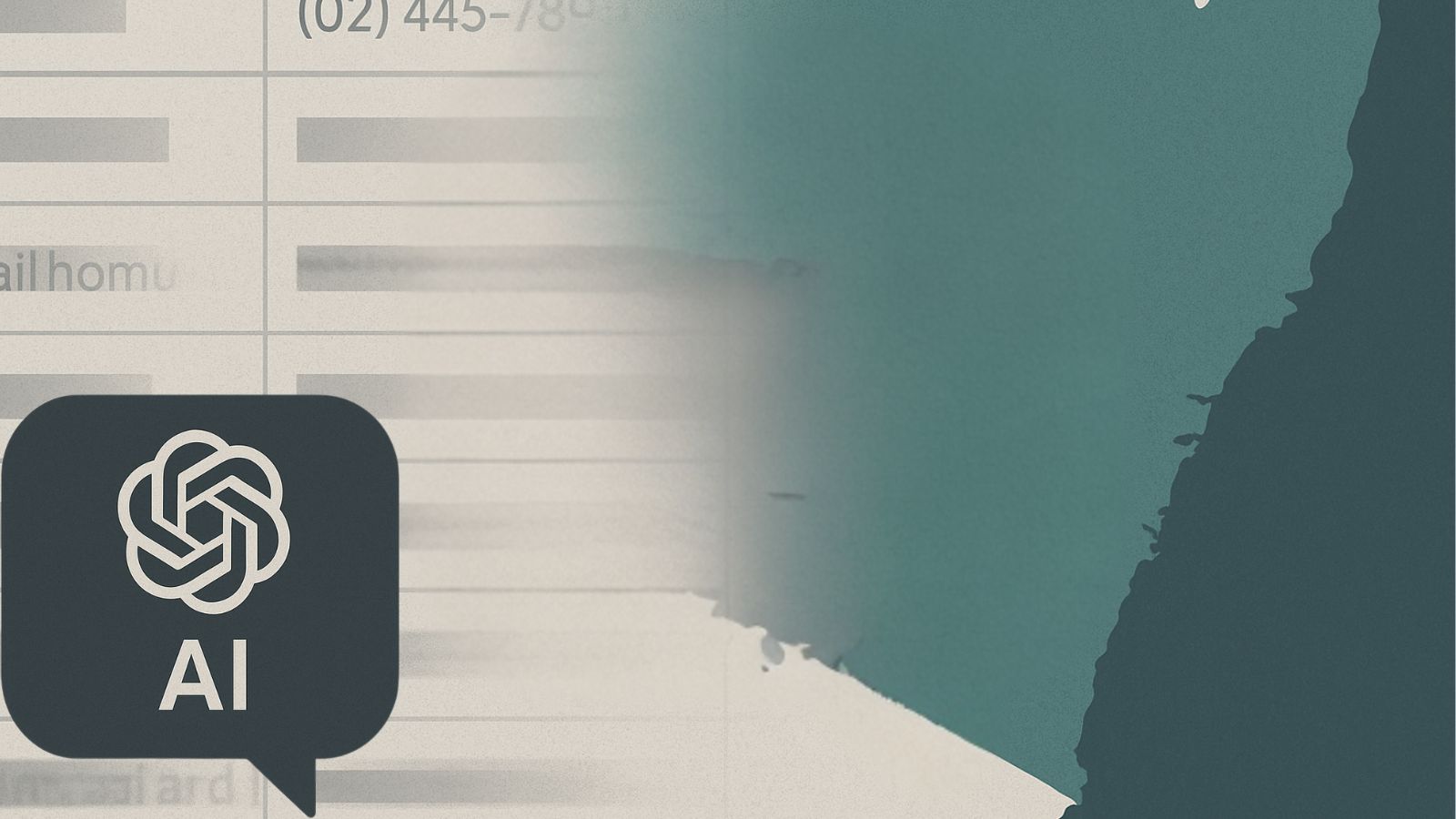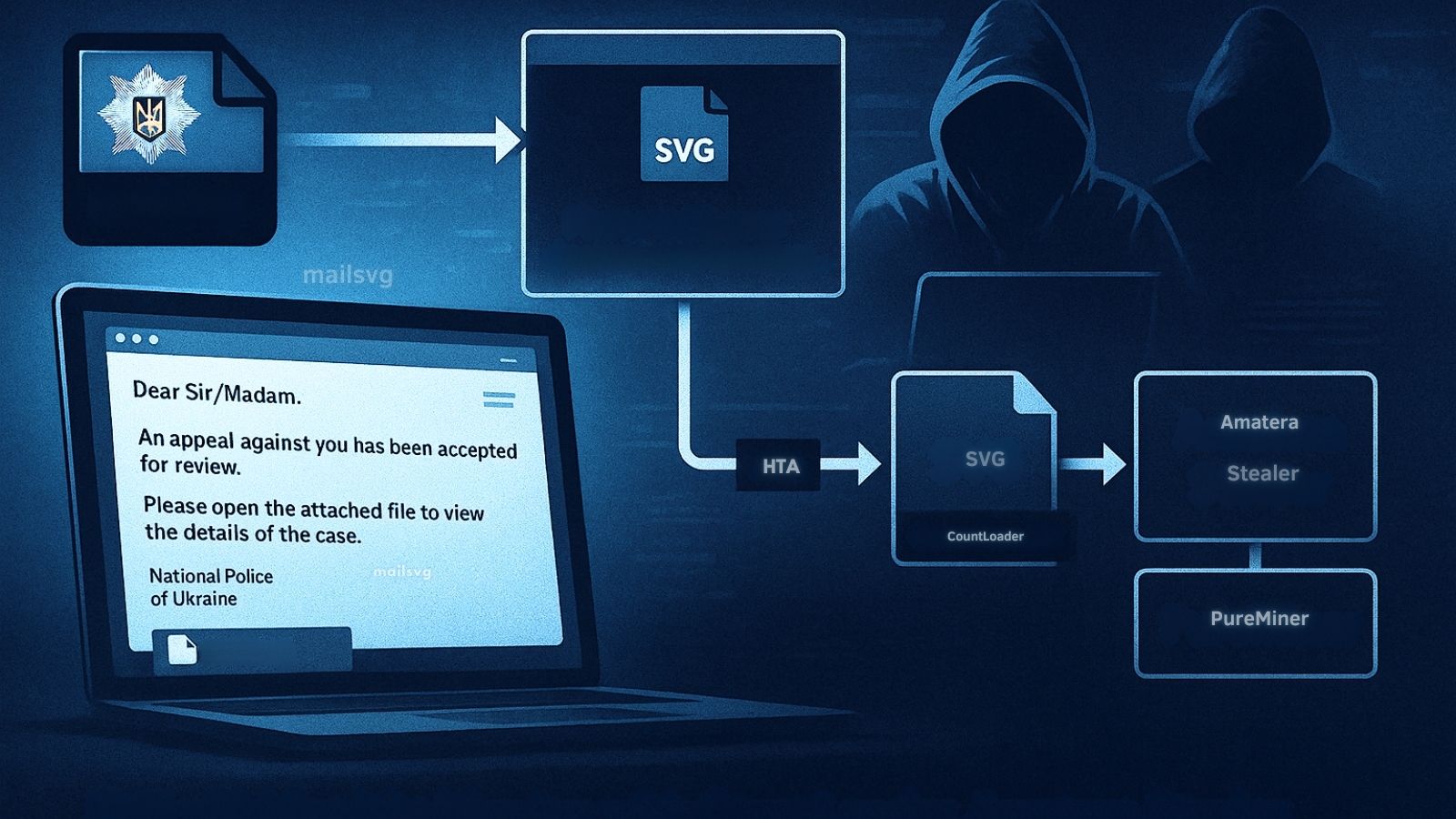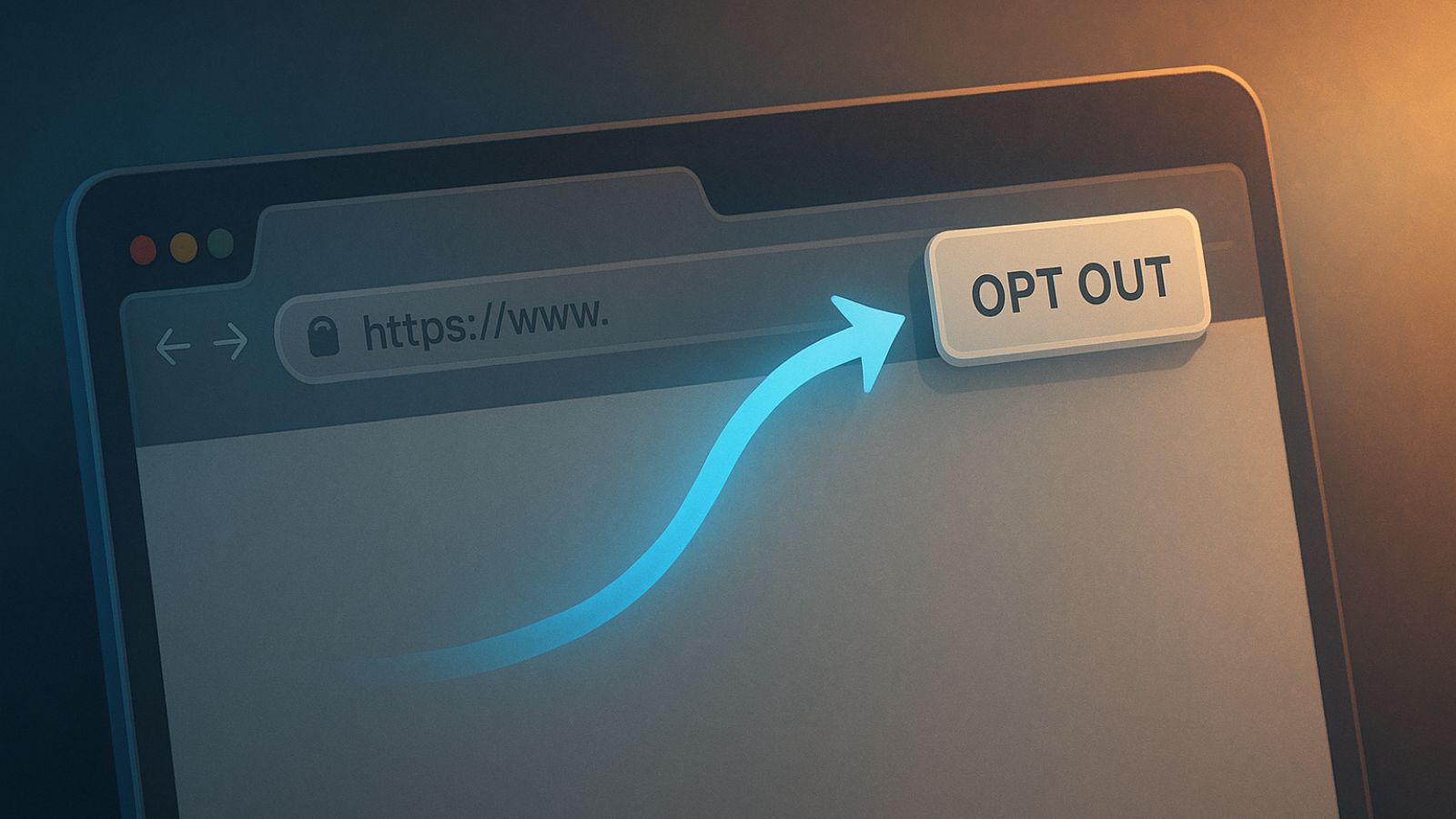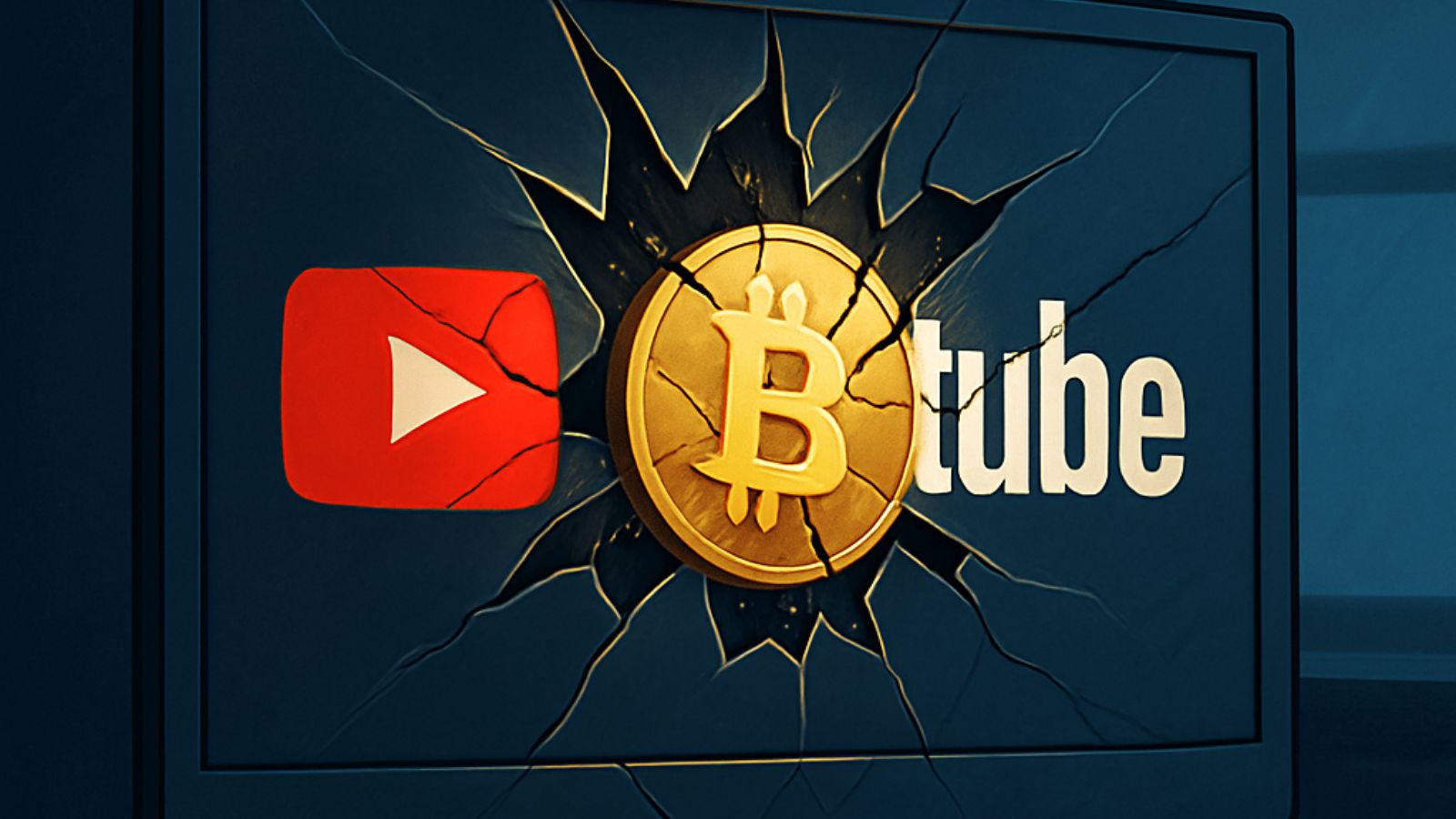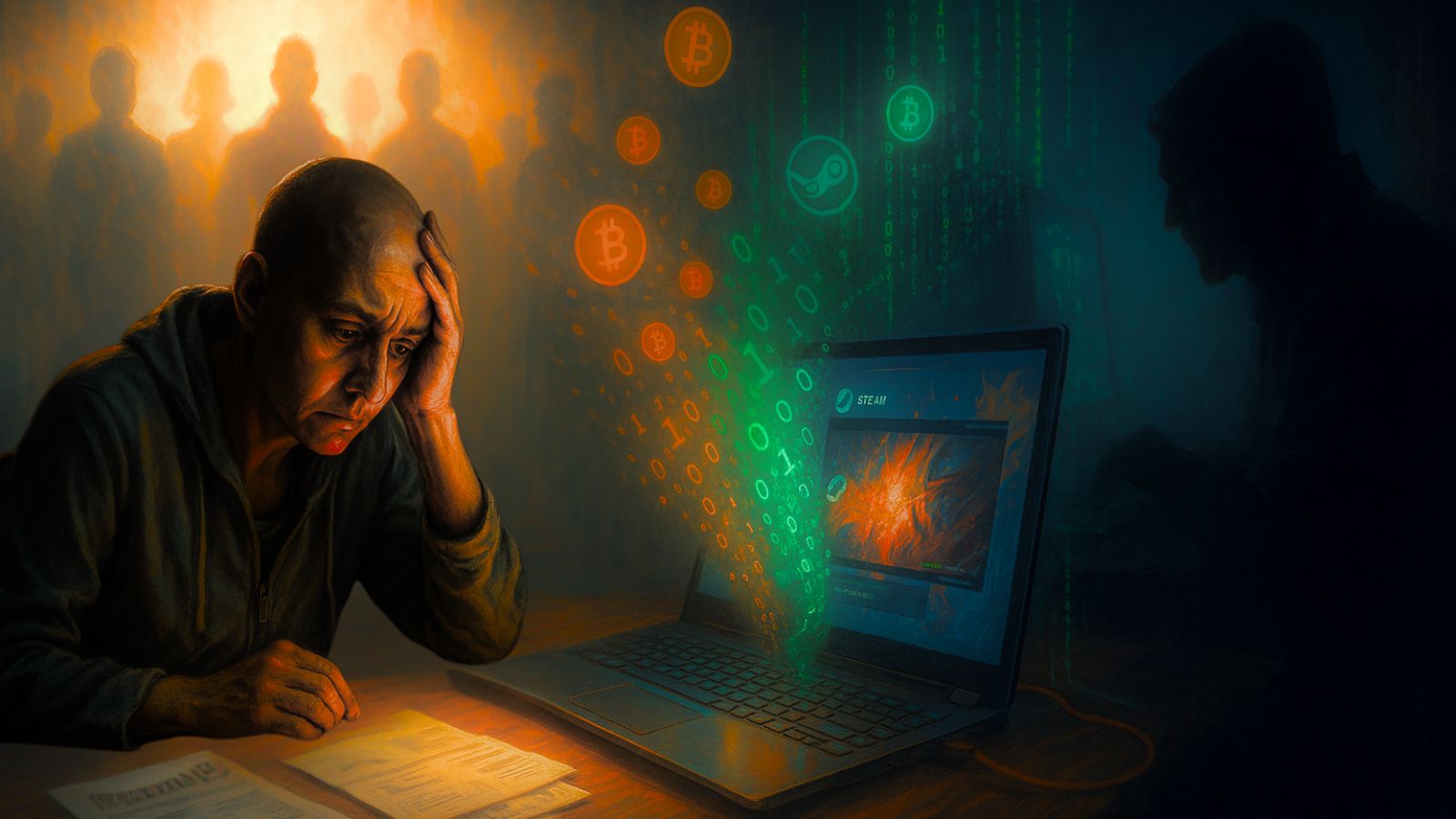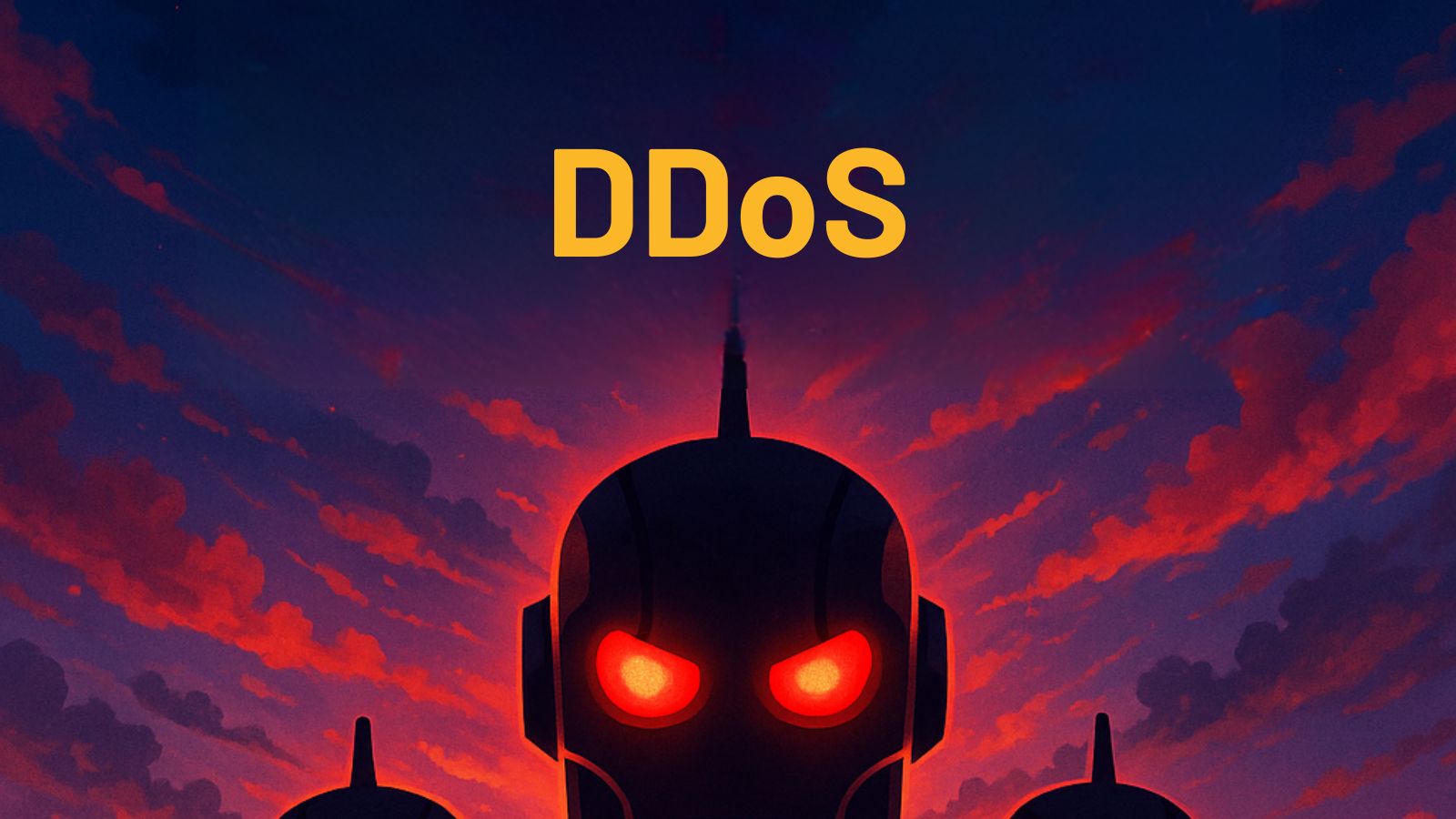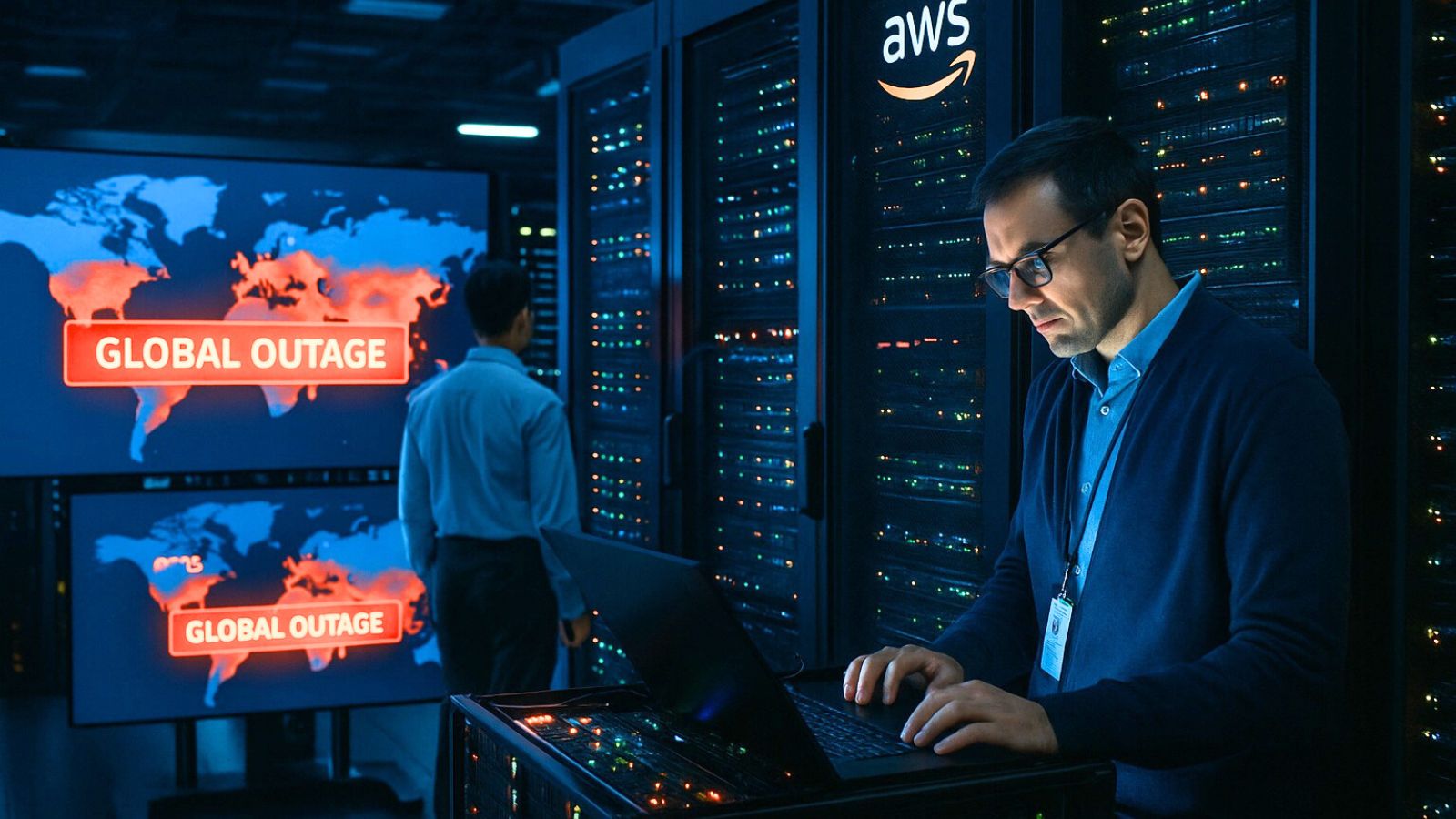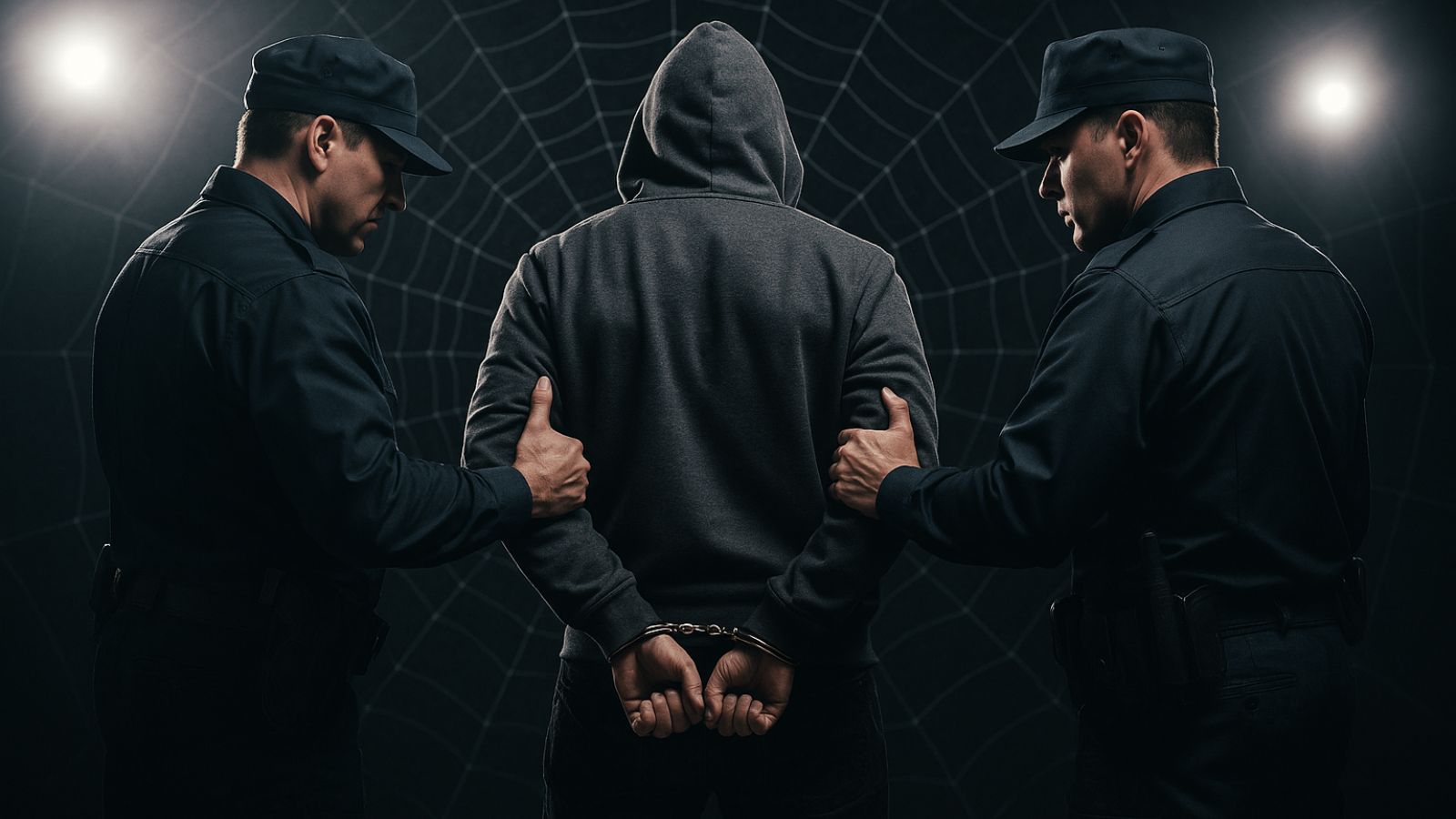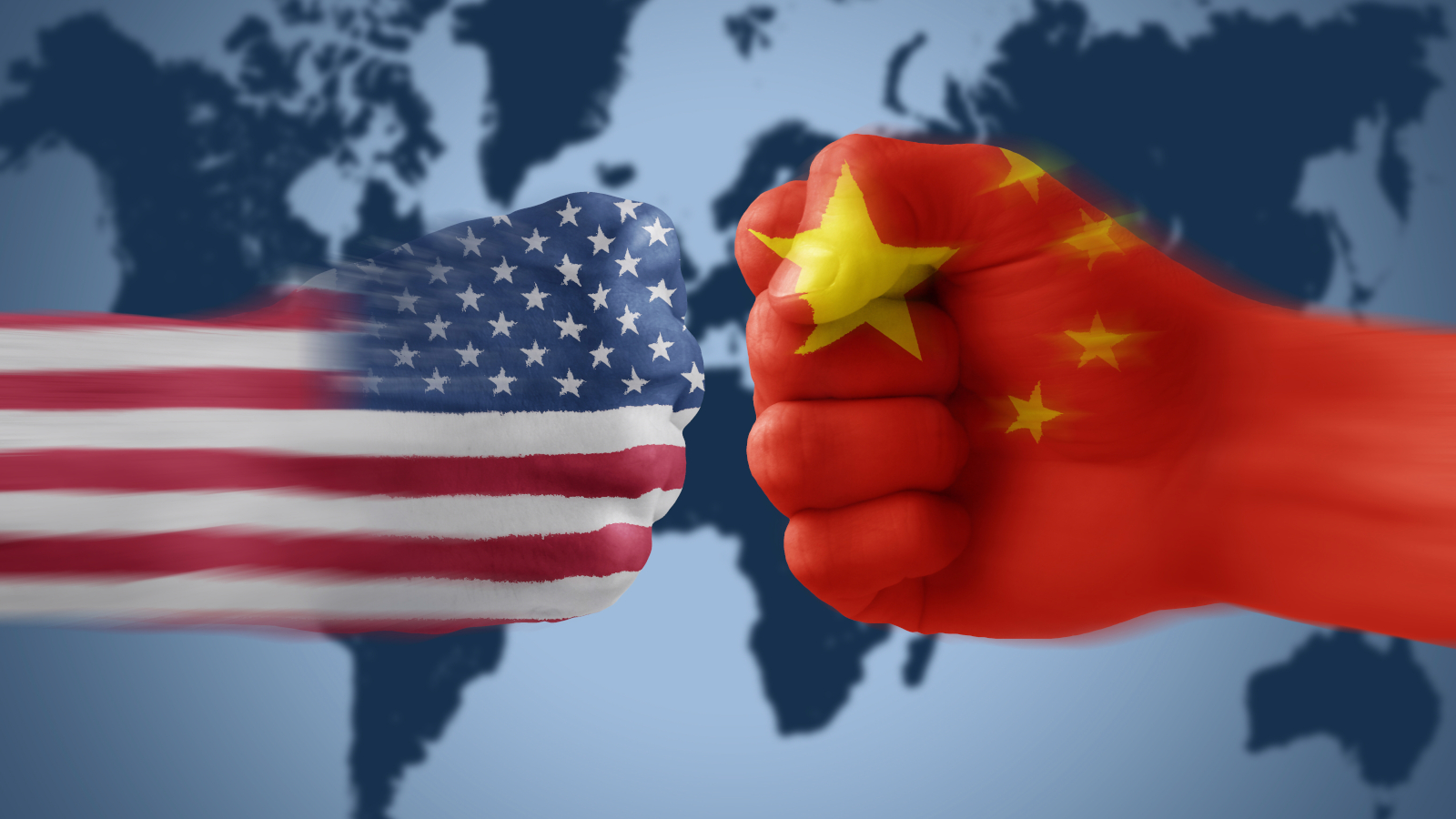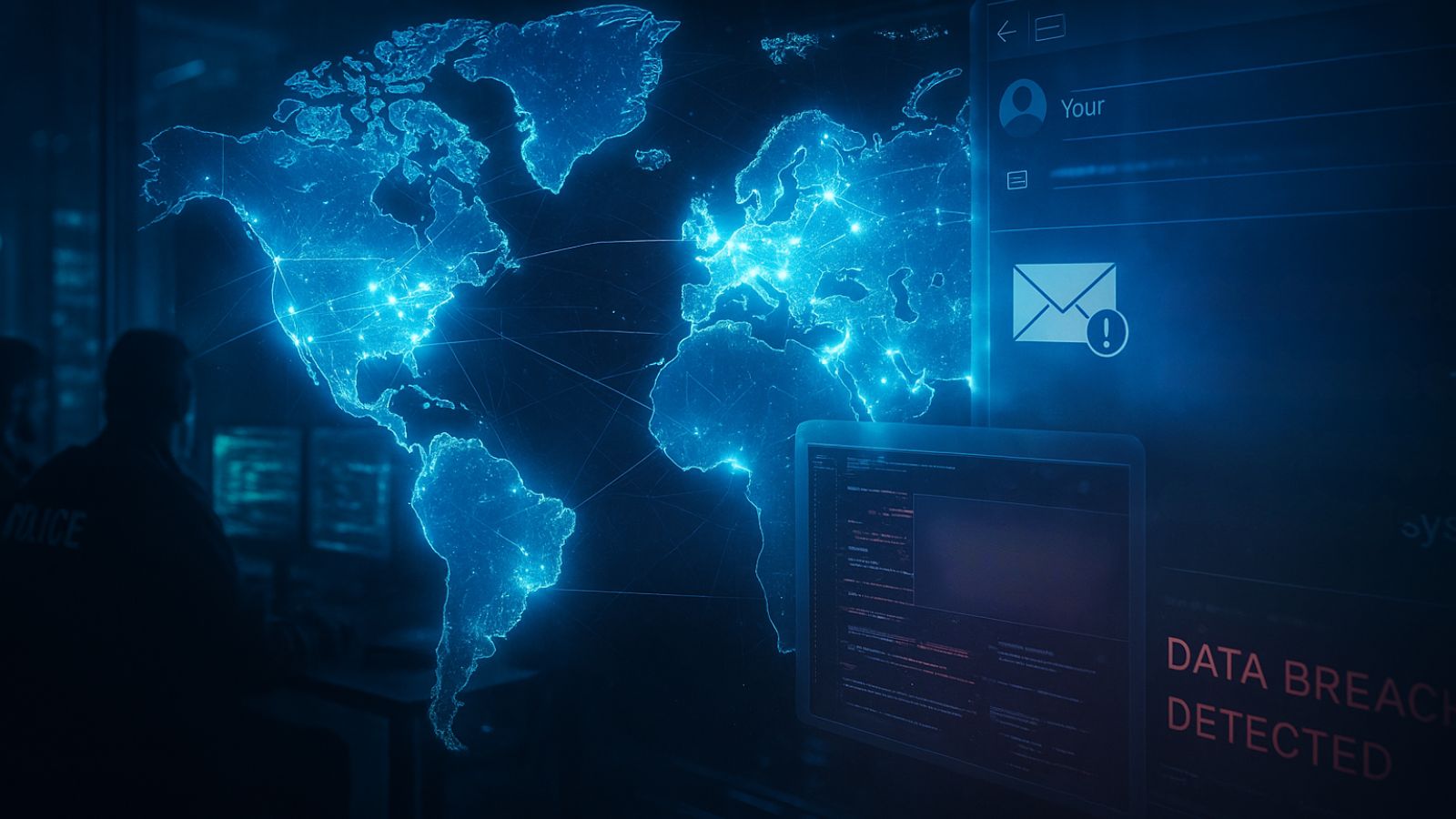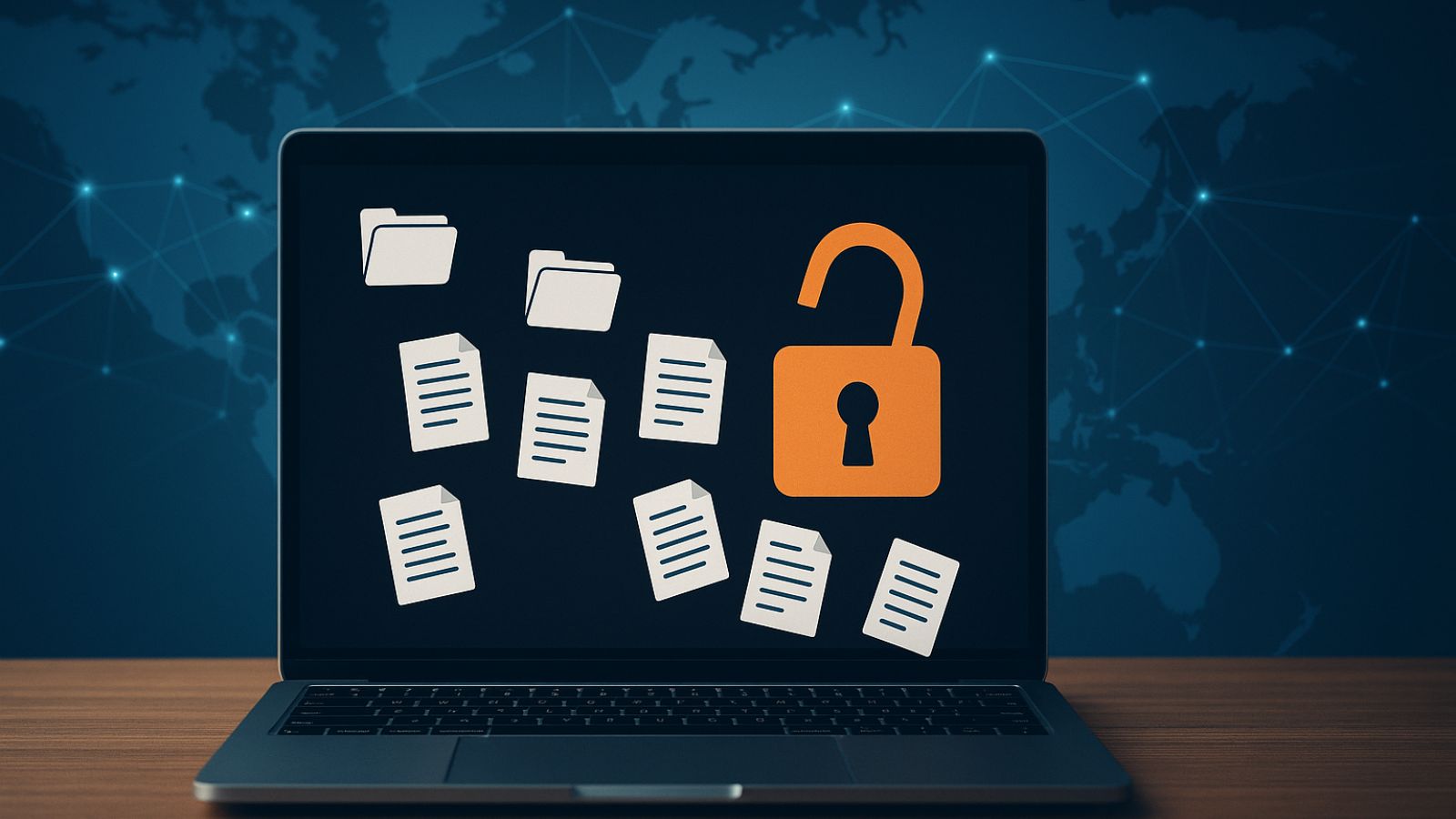
How Can The Government Use Social Media Surveillance to Spy On You?
What is the power of social media surveillance? Imagine you're in a public place and overhear a table full of people discussing their holiday plans. If you wanted to, you could learn a lot about them, right? You'd know things like when they'd be gone from home. Maybe you could learn the sorts of things they enjoy doing or where they like hanging out.
A skilled operative could certainly do a lot with overheard information, but would it be ethical? Sure, those people are in a public place. But, depending on the context, they could feel as it was more private than it was in reality. You, as the person choosing to listen or not, would have an ethical decision to make.
Now imagine if you scaled this up to global size. Millions and millions of people having conversations in public that feel more private than they are. That's essentially what social media has become. In this analogy, the government is the one that has to decide whether to use our overheard public conversations for its own purposes. Of course, the stakes are higher. It's about weighty issues like national security and criminal investigations.
Regardless of how our leaders choose to use this technology, it's important that you know how they'll go about it. So, how exactly can the government spy on you by using social media?
Finders Keepers
The first thing that you need to know is that a shocking amount of information in your social media accounts is just open for anyone to read. In the early years of services like Facebook, the problem was really pronounced. The default privacy settings for new users was certainly not great. Luckily in the years since Facebook has come under pressure to educate users about privacy. Many high-risk settings are now safer by default, requiring users to opt in to more risky settings.
Still, if you simply go to a Facebook or Twitter account without logging in or being faced with any sort of gateway, you can pick up a lot. Profile pictures, discussions on public groups, biographical details, family member names, the list goes on and on. While you may feel that your data is pretty safe when you fill out your profile, it's almost as if you took your private information and just sort of left it in a spot where anyone can come around and browser through it.
That's creepy enough on an individual basis, but what if the government could collect and analyze this data in huge tranches? Welcome to the world of scraping.
Scraping Your Data
The concept of scraping isn't super complex. In fact, you can do it yourself with a simple tool like Microsoft Excel. It's basically the act of using a piece of software to visit a website and then automatically copy information into your own database for analysis.
If you know what you're looking for, you can pull massive amounts of information. You can also do this on a continuous basis, updating the information as it changes.
As you can imagine, with the right tools this information can be used to gain all sorts of insights. Corporations scrape information from social media in order to do market research. The government can use it for surveillance purposes. Building profiles of people that can flag them as dangerous or predict if they're going to do something the government doesn't like. The Cambridge Analytica scandal in particular shows just how far things can go off the rails with mass data scraping.
Using AI, machine learning and big data analysis methods, this treasure trove of personal information puts an insane amount of power into the hands of the ruling elite.
Language: It's Just Natural
Using these methods is just the beginning. Advanced computer technology has gifted major world governments with incredibly surveillance capabilities. For some time now there have been systems that can listen to the millions of phone calls that are going on at any time and catch specific hot words. So if someone says anything that might be associated with terrorist activity, that call can be flagged and reviewed by a human. That's one of the reasons some governments have lamented powerful encryption in the hands of the citizenry. Using VOIP with end-to-end encryption, as one example, makes it almost impossible for anyone to listen in.
Of course, encryption is no issue when you are openly having conversations with people on social media. So similar natural language technology can analyze everything being said on places like Twitter and Facebook, flagging suspicious activity as soon as it happens. Flagging by the machine doesn't take long, it's the review by people and the decision on whether action should be taken that uses up time. Of course, who knows how long it will be before machine systems will make those choices as well?
Who Are You?
It's not just these large, automated surveillance approaches that make social media attractive for domestic intelligence use. There's very little stopping government agents from posing as regular users on platforms like Facebook. Have a private group where you like to discuss things the government might not like? Well, how do you know if your newest member isn't working for the NSA? They infiltrate groups in real life as well. It's much easier here, you don't even have to put on a fake mustache.
It's an extension of one of the oldest tricks in the government surveillance book. Simply turn someone in a community into an informant or get an agent to infiltrate that group. Often just the possibility of this being the case is enough to get a group of people to self-police. Which is the perfect outcome for the surveillance state - a self-policing citizenry without any resources needed from their end?
Social Media Surveillance Dystopias
China isn't exactly a bastion of social liberty, but it's tread a fine line between being allowed into the world markets and becoming the next North Korea. The one-party state is famously obsessed with control the narrative around its history and current doings. If you're within China you can't access outside news services or search engines like Google. Forcing local players to come up with their own equivalents. Try to search for subjects like Tibet or Tiananmen Square and you'll get blocked instantly. It's been called the "Great Firewall of China". It's probably the largest project to control the flow of public information in the world.
Now, this particular government might be showing us one of the darkest social media surveillance futures in the form of social "credits". It's like something from an episode of Black Mirror. People are rated on their social interactions, getting a score. If you say nice things about your country and government, your score goes up. Criticize it or act in a way that's considered anti-social and your score goes down. If your score gets too low you are punished. This comes in the form of losing access to certain schools, financial help or the ability to book a flight. Clearly losing your good score can literally ruin your life. Time will tell how effective this will be as a form of government surveillance, but it once again shows how social media can be used to keep tabs on people. In this case by getting people to tell on each other.
What's the Answer to Social Media Surveillance?
Taking it all into consideration, it seems that the most prudent course for anyone is to stay off social media as far as possible. We've argued in the past that social media is so bad for privacy that there isn't really a reason to partake.
Still, there are plenty of people who get enough positive experiences from social media that it might be worth the risk. However, social media seems to be changing. With people moving away from persistent social media like Facebook and Twitter, favoring temporary social interactions on Snapchat, Instagram and other similar platforms. Regardless of what happens to social media itself, you can be assured that the government will find some way to use it as a way to watch its people.
How do you think the government uses social media to watch us? Let us know in the comments. Lastly, we’d like to ask you to share this article online. And don’t forget that you can follow TechNadu on Facebook and Twitter. Thanks!

